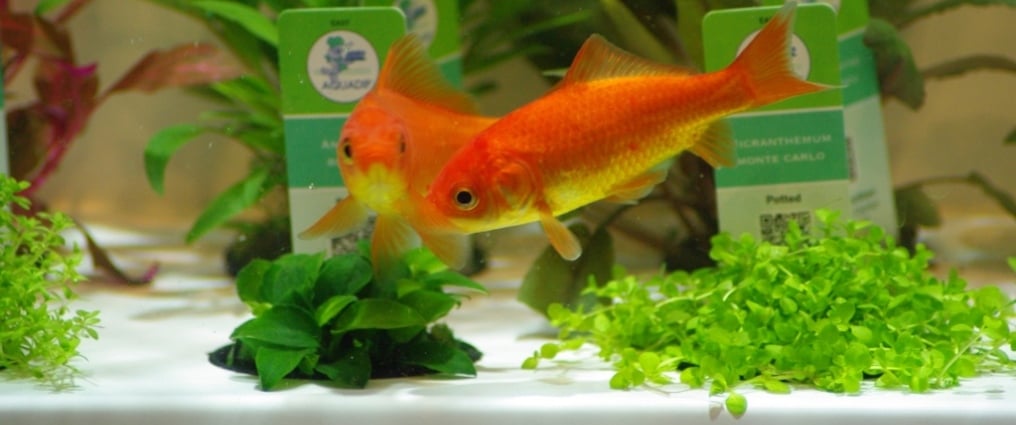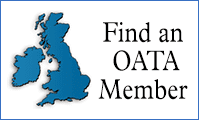
The UK Government has secured a new agreement with the European Union which will ease the imports of plants and animals. As part of the deal, a new Sanitary and Phyto-sanitary (SPS) agreement will establish a UK-EU SPS zone, making it easier for plants, plant products, animals and animal products to be imported and exported, reducing the red tape that placed burdens and costs on businesses.
But as always, the devil is in the detail so our Deputy Chief Executive Dr Matt Bond has been examining the information we have on what this could mean for the ornamental aquatics industry and its imports from the EU of plants, frozen and live food as well as live fish and invertebrates.
- The UK and the EU have agreed, through the Common Understanding document published after their summit, to negotiate an SPS agreement. The goal is to establish a Common Sanitary and Phytosanitary Area between the UK and the EU.
- This agreement is not yet finalised; the current status is an agreement to move swiftly towards detailed negotiations within parameters set out in the Common Understanding document.
- While both sides aim for speed, the detailed negotiations and subsequent implementation are not expected to be completed in weeks or months. “A couple of years is probably more likely” for the overall process to unfold, as it is seen as a long-term pragmatic solution.
- For imports from the EU, the SPS agreement should lead to the removal of routine SPS border checks and need for export health certificates on certain products. This includes checks on products such as milk, dairy, eggs, red meat, plants for planting, and potatoes, aiming to reduce costs for bringing these products into the UK.
- A key benefit highlighted is the significant reduction in paperwork, certification requirements, and border delays for agri-food trade in both directions, which is expected to save businesses considerable costs and make trade easier and more seamless.
- The intended scope of the agreement is wide-ranging, covering SPS status of controls and various agri-food rules such as food labelling, organics, key marketing standards, compositional standards, and pesticides, to remove as many regulatory barriers as possible. Seed marketing is included in scope, but plant variety rights are not. Plant Passporting is also part of the detailed negotiations.
- The UK intends to negotiate a limited number of exceptions to the rules where it is in the UK’s interests. Potential priorities mentioned by the UK for these exceptions include precision breeding, animal welfare, and Public Health areas, although a detailed list is not yet available.
- Certain areas are explicitly outside the scope of the SPS agreement, including wine, spirits, veterinary medicines authorisations, geographical indications, farming subsidies (avoiding a return to the Common Agricultural Policy), wider environmental rules, and deforestation.
According to the government, the new agreement would:
- Cut costs and red tape for businesses who export to and import from the EU, making supply chains more resilient.
- Reduce delays at the border, ensuring food flows without waste.
- Mean British produce – from sausages to shellfish – can be sold to the EU again.
- Make it easier to take pets on holiday to Europe.
- Make it easier to move goods across the Irish Sea, so Northern Ireland can enjoy the same products as the rest of the UK.
Find more details – including an explainer – here on the UK Government website.
















